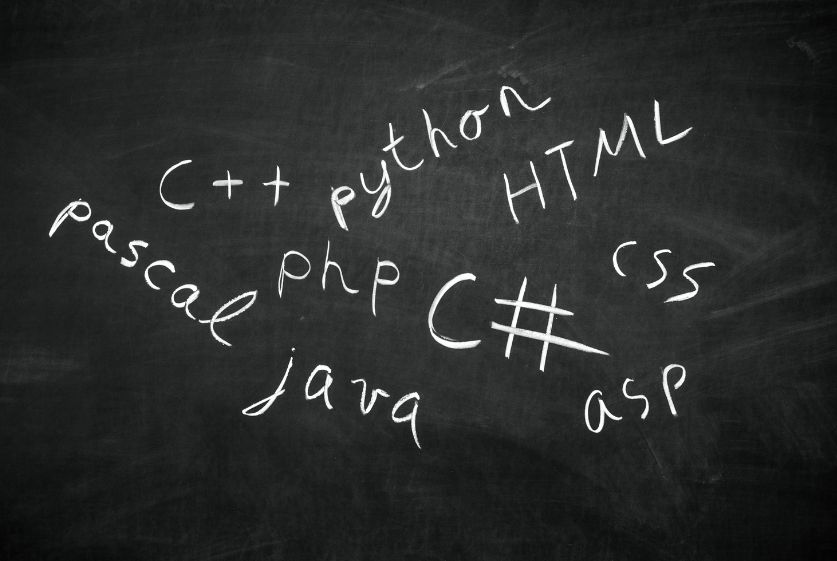Cybersecurity has become one of the most crucial fields in the modern digital era. With cyber-attacks on the rise, there is a high demand for cybersecurity professionals who can protect valuable data and systems. But Does Cybersecurity Require Coding?
Table of Contents
What is Cybersecurity?
Cybersecurity refers to protecting internet-connected systems like computers, mobile devices, networks, servers, programs, and data from unauthorized access or attack. The main objectives are to preserve confidentiality, integrity, and availability of information.
Cybersecurity involves both technical and non-technical disciplines:
Technical Aspects of Cybersecurity
Network Security
Protecting networks and infrastructure from intrusions through tools like firewalls, anti-virus software, and intrusion detection systems.

Application Security
Securing software, web, and mobile applications through measures like access controls, encryption, and vulnerability testing.
Information Security
Safeguarding data and systems through backup, disaster recovery, and encryption.
Non-Technical Aspects of Cybersecurity
Policy and Compliance
Developing information security policies, standards and procedures to be followed within an organization. Ensuring compliance with regulations.
Risk Assessment and Management
Identifying risks to systems and data. Recommending and applying appropriate controls.
Security Training and Awareness
Training employees on security best practices. Building a culture of security.
Do You Need to Know How to Code for a Career in Cybersecurity?
Whether or not cybersecurity professionals need to know coding depends largely on their specific roles and responsibilities.
Technical Cybersecurity Roles
Those in hands-on technical roles need programming knowledge:

Penetration Testing
Penetration testers probe systems for weaknesses using programming languages.
Security Engineering
Security engineers use code to build secure systems and applications.
Security Software Development
Developers write code to create security tools and software for protecting systems.
Non-Technical Cybersecurity Roles
Coding skills may not be necessary for non-technical positions like:
Security Analyst
Analyze systems for vulnerabilities, respond to incidents, and recommend improvements – without coding.
Security Manager/Director
Determine strategy and manage teams. No coding is required.
Security Auditor
Assess compliance with policies and standards. Mostly non-technical role.
Developing Relevant Coding Skills for Cybersecurity
While coding may not mandatory for all cybersecurity jobs, having some programming knowledge can be beneficial even in non-coding roles.
Programming Languages Used in Cybersecurity
Some key languages include:

Python
A versatile, beginner-friendly language used for scripting, automation, machine learning, and data analysis.
SQL
Structured Query Language (SQL) for database and data queries. Useful for forensics.
JavaScript
Used for front-end website programming and security tool scripting.
C/C++
Lower-level languages like C and C++ for developing security tools, exploits, and embedded/operating system-level programming.
Getting Started with Learning Cybersecurity Coding
Those new to coding can start by learning a language like Python or SQL. Many free online courses and tutorials are available. Over time, cybersecurity professionals can learn additional languages most relevant to their work.
Conclusion: Does Cybersecurity Require Coding
While some cybersecurity roles require hands-on coding skills, others do not necessarily involve programming as a primary job function. Coding requirements vary depending on the specific position and job responsibilities. Those in technical roles need relevant programming knowledge, while those in non-technical roles may not write much – if any – code daily.
Having some scripting and automation knowledge can still be useful for many positions. With the rising demand for cybersecurity talent, there are opportunities available for professionals with varying levels of technical and coding expertise.
FAQs
Q1: Is coding mandatory to work in cybersecurity?
A1: Coding is mandatory for some cybersecurity roles like security engineering, penetration testing, and software development. However, analysts, managers, and auditors often perform non-coding, strategic, and management responsibilities.
Q2. What are some coding languages used in cybersecurity?
A2. Key coding languages used in cybersecurity include Python, SQL, JavaScript, C/C++, and PowerShell. Python is very popular for scripting, automation, and data tasks.
Q3: Can I teach myself coding for cybersecurity?
A3: Yes, there are numerous free resources like online tutorials, training programs, and courses for learning coding languages on your own. Python and SQL are beginner-friendly options.
Q4: How much coding knowledge is required?
A4: Technical roles require proficiency in relevant programming languages like Python, JavaScript, or C++. In non-coding roles, even basic scripting and automation skills in languages like Python or PowerShell can help analyze data and strengthen technical knowledge.
Q5: Should I learn to code if I want a job in cybersecurity?
A5: Learning some coding will expand your skill set and job options. But it depends on what role interests you – research positions in management, policy, auditing, etc. which may not require coding expertise.









